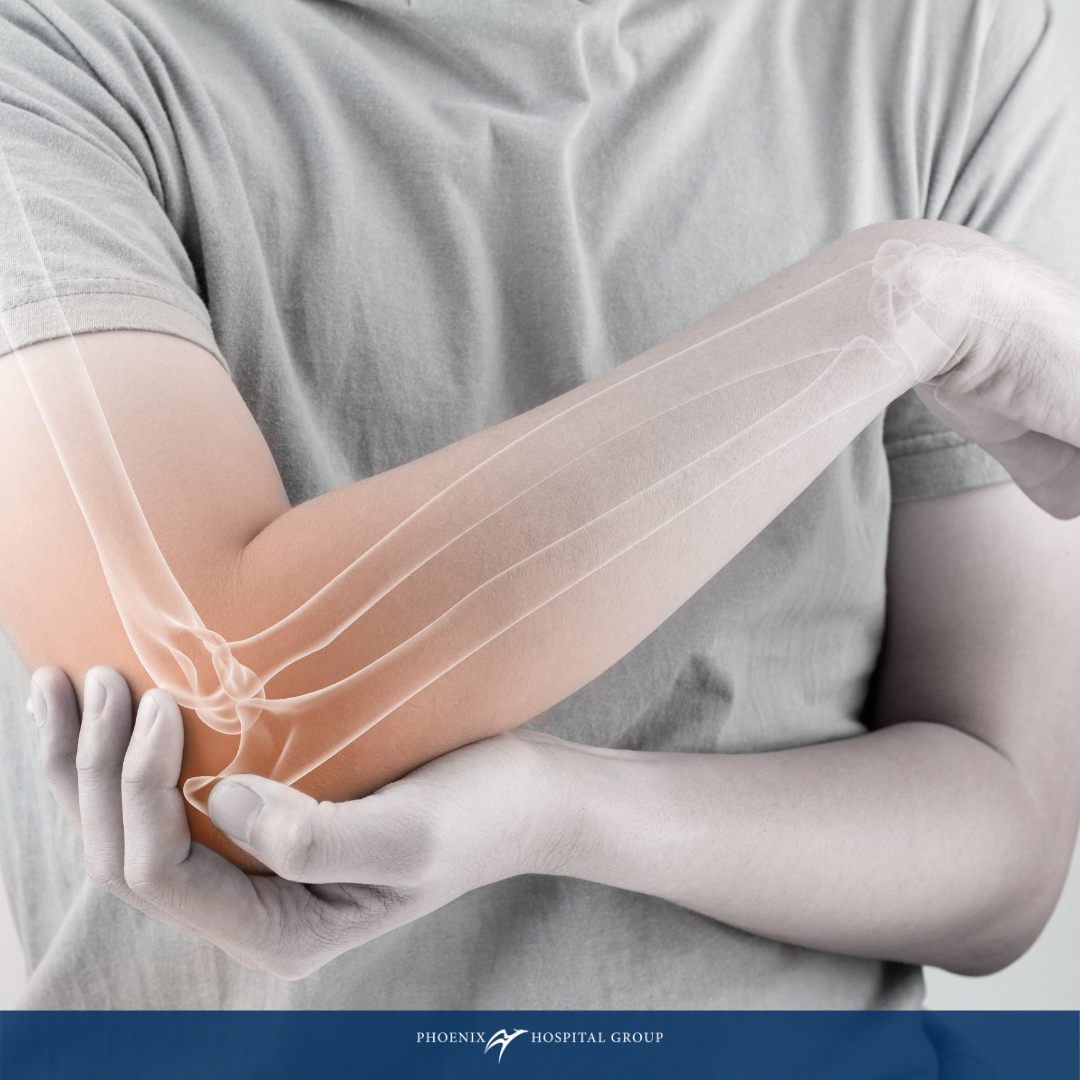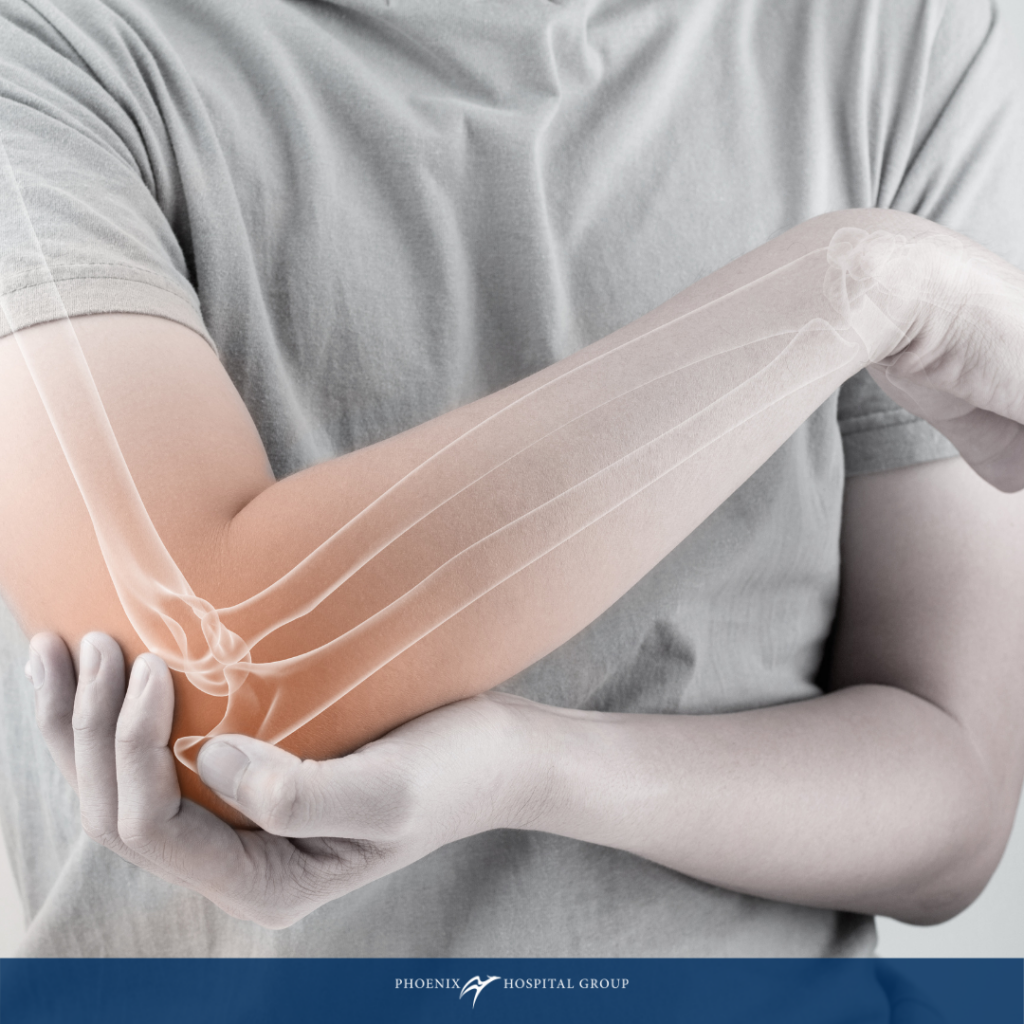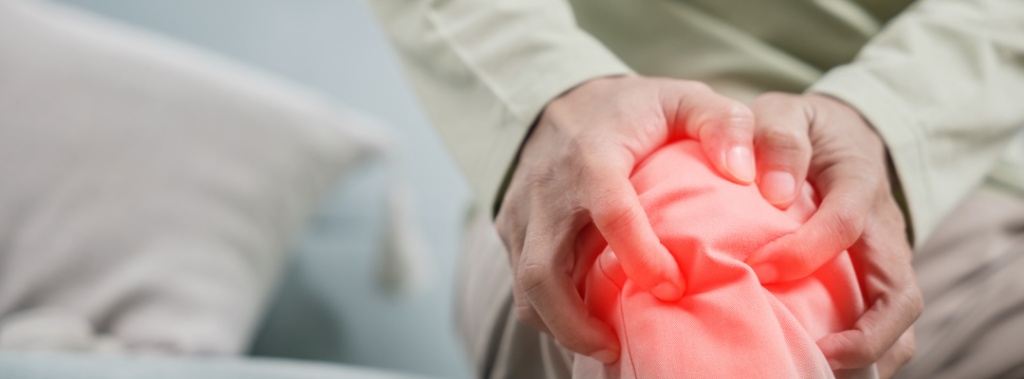5 Easy Ways to Improve your Bone Health
Maintaining healthy bones throughout life can protect us from serious injury and health problems, particularly later in life. Your bones are living, and – like the rest of your body – need to create new cells and break down old ones to stay healthy.
Your bones are mainly made of two materials: collagen and calcium. Collagen is a soft, strong protein which creates the frame and form of the bones. Calcium is a hard mineral which is laid down over and throughout this collagen matrix, giving the bones their strength.
Some people naturally have stronger bones than others, but there are still a lot of factors we can control to improve our life-long bone health. There’s no real secret to a healthy skeleton, just simple common-sense lifestyle advice.
Here are some of the best ways to strengthen your bones, and stay strong and healthy throughout your life.
- Stop smoking: smoking actually thins the structure of your bones so they become more susceptible to damage. Stopping smoking is one of the best things you can do for your health, and there is now a range of support available.
- Reduce your alcohol intake: Alcohol increases our risk of osteoporosis, long-term. It also increases our risk of falls and therefore our risk of broken bones, so stay well within guidance for alcohol intake.
- Exercise: Your bones are just like your muscles; when you exercise they get denser and stronger. All exercise is incredibly important for bone and overall health, but the best type of exercise for building and maintaining strong bones is weight-bearing exercise. Weight-bearing exercise doesn’t just mean weight training at the gym – it’s any exercise where you work against gravity, including walking, jogging, and just climbing the stairs.
- Follow a bone-healthy diet: bones need a particular set of nutrients to stay healthy, particularly calcium and vitamin D:
- Calcium – the essential mineral that helps create and maintain healthy bones. We can normally get enough calcium from a balanced diet. Foods rich in calcium include dairy foods, soya-based foods like tofu, and bony fish.
- Vitamin D – vitamin D helps the body absorb and use calcium. Foods that contain vitamin D include oily fish, eggs, and fortified foods such as cereals.We can get some vitamin D from our diets, but our main source of vitamin D is the sun; our skin makes vitamin D when exposed to sunlight. Vitamin D deficiency is very common in areas of the world with low levels of sunlight. People with darker skin and people who routinely cover most of their skin are more prone to vitamin D deficiency, particularly in those less sunny areas. Vitamin D supplements are recommended for most people.
- Make use of specialist support: if you’re concerned about your risk of osteoporosis, particularly if you’re in an at-risk group, it’s important to get advice and support from specialists. People at risk of osteoporosis should have regular bone density scans, and get advice from specialist orthopaedic services. Orthopaedic specialists can give catered advice on maintaining healthy bones and can refer, assess, diagnose, and treat disorders of the joints and bones.
Expert advice is always available, and it’s important to consult a healthcare professional if you have any serious health concerns.
If you would like to speak to a specialist please call us on 0207 079 2102 or email appointments@phoenixhospitalgroup.com.




